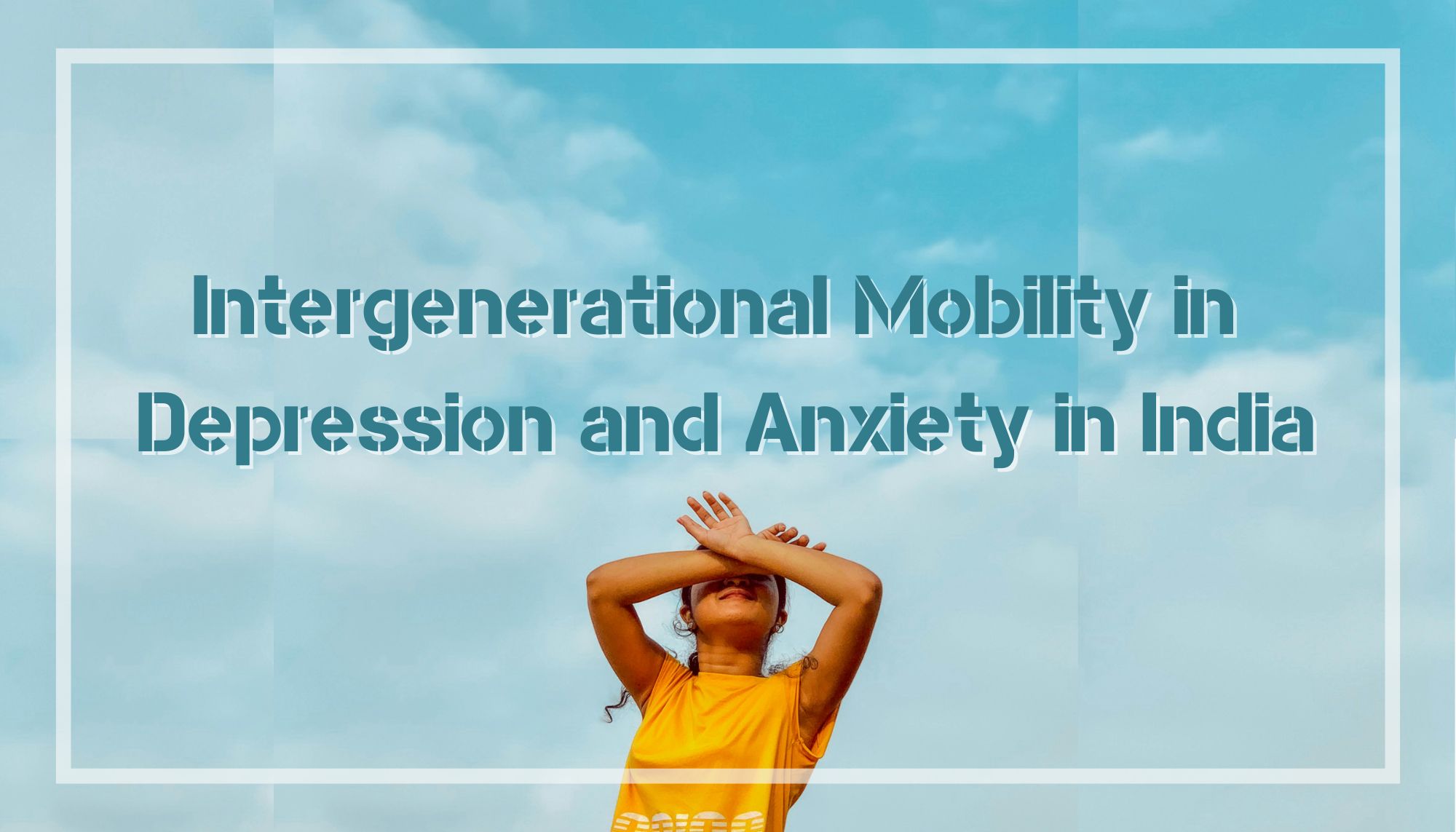
Commons Link
Intergenerational Mobility in Depression and Anxiety in India
Working Paper Number
2025-116
Publication Year
2025
Paper Abstract
This paper is the first to provide estimates of intergenerational associations in mental health for a low- and middle-income country. Using rich mental health data on ∼4,000 parent-child pairs in India, we find intergenerational associations in depression and anxiety scores to be 0.61 and 0.68, respectively, suggesting low mobility in mental health. However, once we allow for the mobility estimates to vary along the distribution of parental mental health, we find notable heterogeneity- while minimal symptoms of anxiety and depression in parents persist into the next generation, children of parents with mild to severe symptoms experience significant improvements in mental health. This upward mobility in mental health is largely driven by high
socioeconomic-status households. Importantly, we show that even minimal symptoms have significant economic implications for both children and adults. Our findings suggest that programs that improve mental health in one generation can also facilitate intergenerational mobility in mental health and related outcomes.
socioeconomic-status households. Importantly, we show that even minimal symptoms have significant economic implications for both children and adults. Our findings suggest that programs that improve mental health in one generation can also facilitate intergenerational mobility in mental health and related outcomes.
Acknowledgements
This work was supported by 3ie (International Initiatives for Impact Evaluation), UPIASI (University of Pennsylvania Institute for the Advanced Study of India), and the India Research Engagement Fund (IREF) at the University of Pennsylvania. We thank Pranava Kadiyala, Aanchal Bagga, and Abhik Banerji for excellent research assistance.